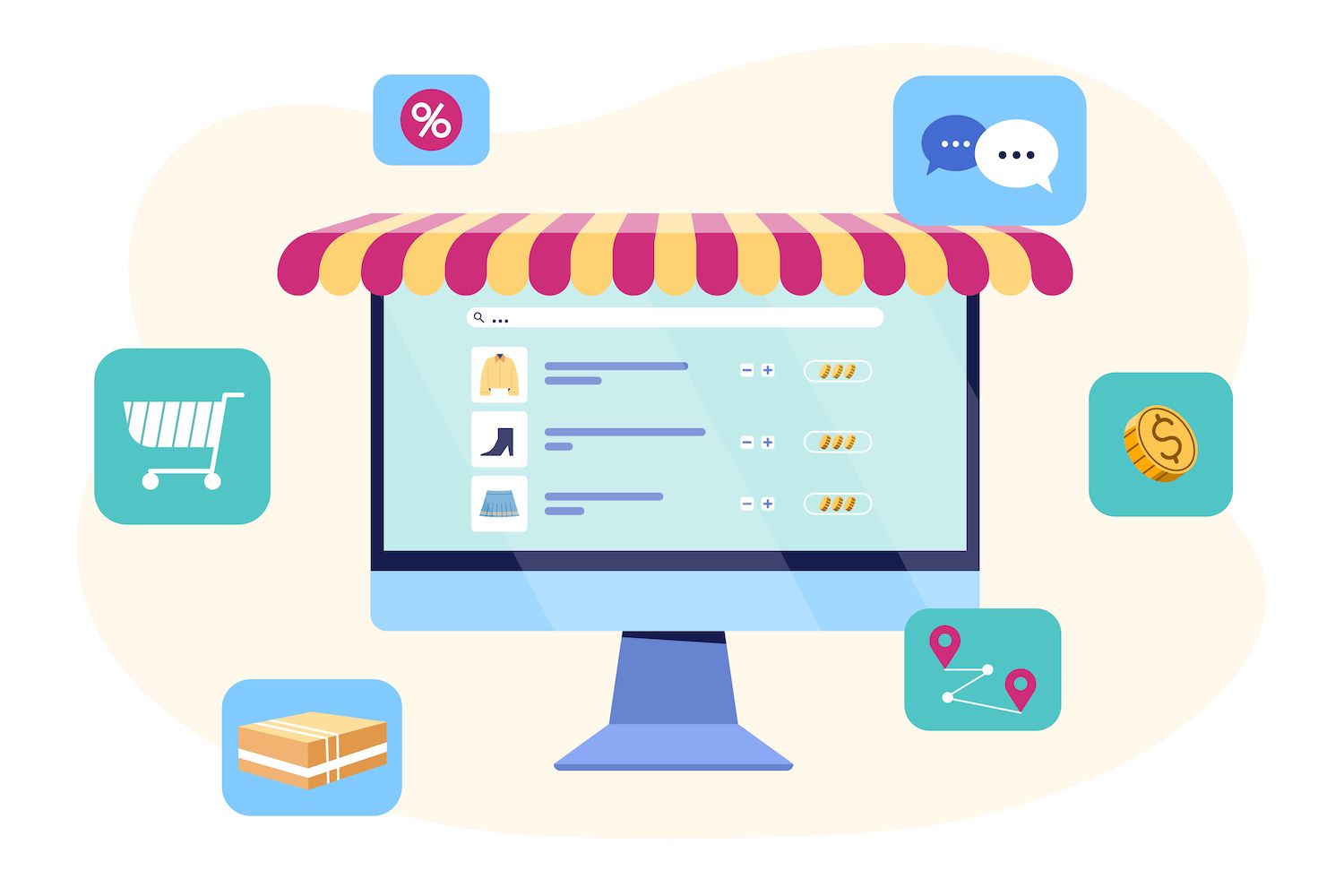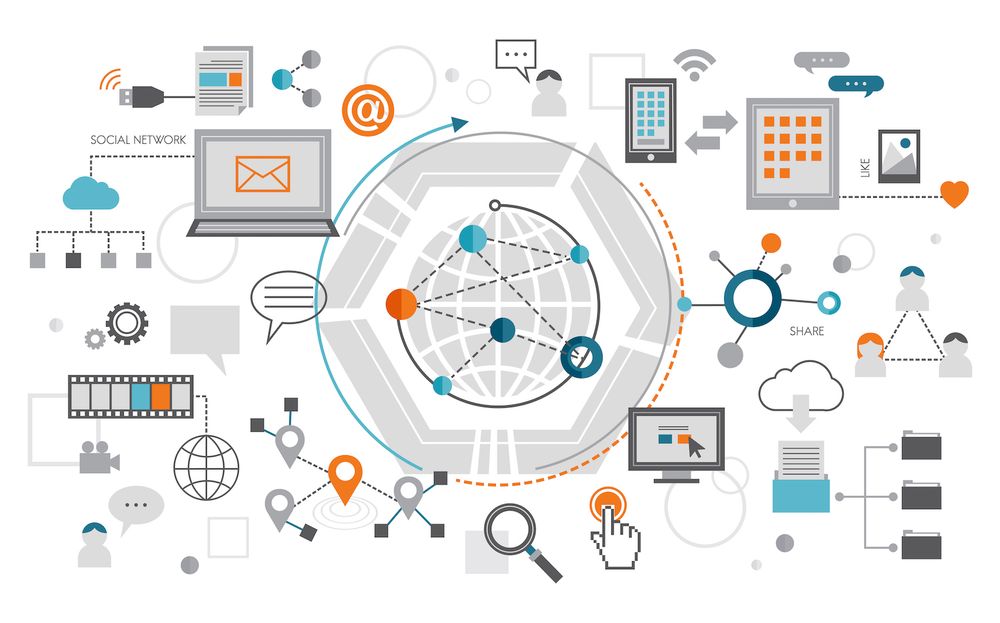Do SaaS Companies Ignore Sales Taxes and VAT by 2022? -
One thing I've discovered while working is that it's common to SaaS and software companies to ignore transaction-related taxes (sales taxes such as VAT, GST, etc. ).
And I get it.
Sales taxes, VAT, and GST are complex, confusing and are not the things IT leaders would like to invest their time.

Also, consider that delaying tax-related transactions can lead to a risk that goes beyond the payment of certain back taxes later to come.
I had lunch with global tax director Rachel Harding, the most knowledgeable person that I have met about this topic.
I asked her about:
- 40% penalty and interest Software companies have incurred 40% interest and penalties when they've ignored the sales tax laws of states.
- Multi-million dollar valuation adjustments from historical sales tax noncompliance during acquisition due diligence.
and much more.
In answer to our own question: No it isn't a good idea to ignore tax obligations in 2022.
In this post in this piece, we discuss three aspects SaaS businesses must know concerning taxes. The majority of the content is derived from my conversation with Rachel who you can play the complete recording of our chat if you want to hear every word she has to say.
3 Things SaaS Companies Need to Understand About Sales Taxes
1. Sales Taxes are calculated based on the Location of the Buyer, Not the location of the seller.
Taxes on sales are a bit complicated (especially in countries like that of the U.S.), but in general, the thing to be aware of is that sales tax is paid where the item is being consumed (aka where your customer is located). The tax isn't determined based on the location of your business as well as the area of your company's headquarters.
In practice, the most important data to source sales is the billing as well as the computer's IP address. As the name implies, SaaS is taxed the same way as services and not goods and therefore only 20 of 45 U.S. states that have sales tax systems actually tax SaaS. Since 2018, if you have the amount of taxable sales in your zone that exceeds the limit, you're legally considered to have economic nexus (a big shoutout to South Dakota v. Wayfair for this idea! ).
A sales threshold is the amount of sales you can make in a particular jurisdiction before you have to submit taxes. Every tax area (whether it's on a state, territory or even a national at a global level) is unique in defining a threshold.
2. Tax Laws and Regulations Have Significantly changed in the last 10 Ten
Taxes on sales, VAT as well as other taxes related to transactions have seen a significant change in the past ten years. Some changes are more important than others, and they have altered the tax landscape completely.
Two major changes in history are:
- On January 1, 2015, the EU started requiring software vendors to collect VAT and to remit it according to the location of the buyer -- not the location of the seller's company or employees.
- In the year 2018 in 2018, in 2018, the U.S. Supreme Court ruled that states can impose sales tax on purchases made from out-of-state sellers (including online sellers), even if the seller is not located in a physical presence in the taxing state ( South Dakota v. Wayfair, Inc.). (A.k.a. this is the main reason why we write this article since now nonresidents and businesses of all sizes must understand sales tax and its application.)
The question of whether SaaS is tax deductible or not has changed in many sectors as well.
Within the U.S., Florida and California are not required to collection of sales taxes on SaaS subscriptions. But New York and Pennsylvania do.
Massachusetts didn't require sales tax collection for SaaS. But in 2020, the state reclassified SaaS fees in the category of "personal tangible property," meaning SaaS subscriptions are now subject to sales taxes within the state.
They're not just happening within the U.S.
In the interview, Rachel offers several examples of tax changes for SaaS businesses around the globe.
The point isn't that every SaaS founder or CEO needs to be an expert in taxation not at all.
It is important to remember that you must be aware enough about tax preparation to be sure you are getting it done right, and also finding an accountant who you trust.
3. If You've done it right, You Shouldn't Owe Anything Extra
"If you do it right technically, the net zero is not a problem for you," Rachel explained.
The sales tax is a consumptive tax -- a tax to the consumer and not your company. It shouldn't be something you're paying out of pocket. It's up to you to to collect sales tax on the buyer's behalf, and then pay it back to the right department of government. The buyer is responsible and a seller's responsibility.
"It's when you're doing it wrong that it's an expense and obligation on your balance account. In the event that you don't, you're unlikely to assess a customer sales tax for two years after the tax was due. Then it's from your pocket."
The Four Ways SaaS Companies Can Manage Sales Taxes and VAT
Then how can SaaS companies figure out all the taxes they must pay and withhold around the world?
There are four approaches that we observe SaaS companies take to fulfill the tax obligation related to transactional taxes:
1. Ignore It
As we've described in this piece, delaying sales taxes is a very frequent practice, but it could leave your company with decades of unpaid taxes or fees and penalties. The time frame in which this strategy will work are waning. The pace at which online transactions continue to expand, so will the desire and capability to regulate it.
2. They'll do it themselves
Tax preparation on your own can be a great option in larger businesses that have the resources to manage it effectively with an in-house team.
But it's not as easy as integrating an automated tax tool into your sales platform.
SaaS companies also need to think about:
- Make sure that your data is clean and accessible.
- Learning about what's tax-deductible and what rate to pay.
- Monitor tax thresholds so you know where you'll need to remit taxes as well as file tax return.
- Remitting the correct amounts and timely filing tax returns in all tax authorities where you are required to. It could be a monthly, quarterly, or every year.
- Be aware of the latest tax law and rules.
- Answering inquiries and notices from the tax officials. Do they appear to be phishing or are they a legal matter?
It can be a burden for finance departments that do not have technical expertise and cause resentment and increased turnover.
3. Employ an accounting firm
If you contract out your tax preparation as a result, you'll have less internal resources required and it's likely to increase the cost. And rather than a customized strategy, employing an accounting firm typically means that they'll follow a more conservative strategy and ensure compliance to the maximum extent regardless of whether you'd prefer something more customized.
The perspective is one that only an in-house tax expert can provide -- one that requires understanding the business strategy, the tax legislation, and how they all intersect.
4. Use a Merchant of Record (MoR) and outsource the liability
At , we act as the primary merchant on the transactions you make on your site, making us responsible for collecting taxes and remitting them for you. Whether you're trying to manage the tax rate reduction, custom taxation, tax-exempt transactions B2C or B2B -- it all is taken care of for you.
The merchant of record is in your corner should any tax audits or inquiries come up. If an audit happens, we intervene and take the lead -- so you can stay focused on building and growing your SaaS business.
What's the best solution for Your Company?
Maybe this is all confusing, but the most damaging thing you can do is nothing.
As Rachel said, "I can never promise that you will or won't be audited. The only thing do I can assure you is that small actions now can help you prepare for a far brighter prospects in the future."
For determining what's the most effective for your company, she recommends assessing the resources available and the options.
"It's really knowing the business and your location, as well as global tax laws (duh) and the risks you're willing take on."

